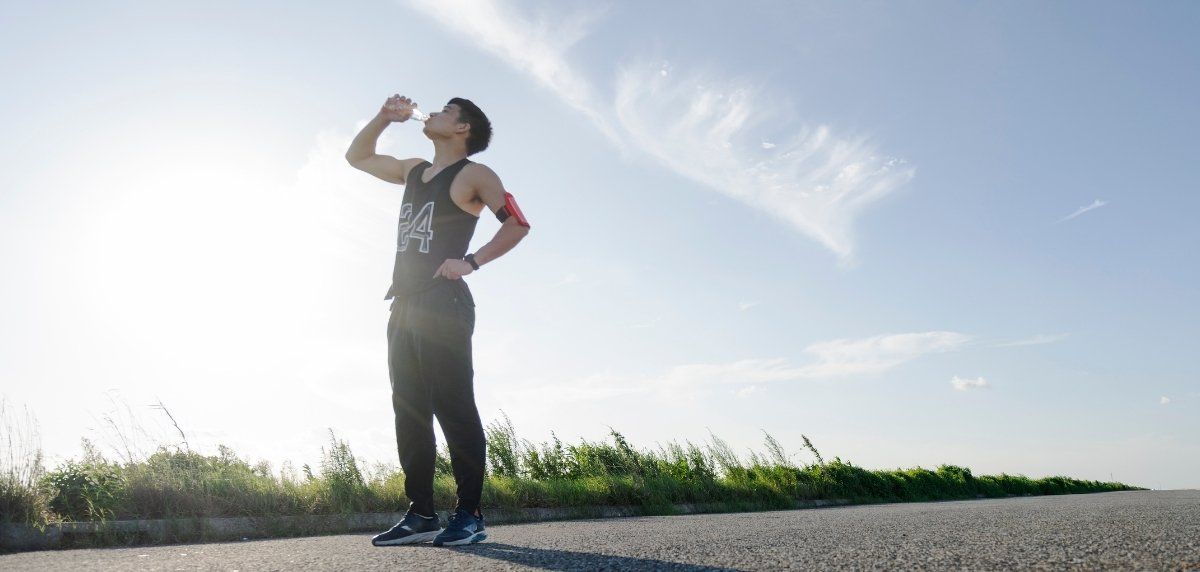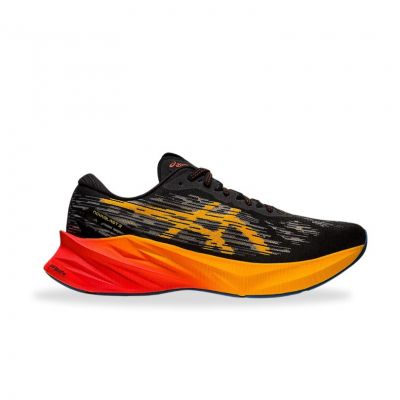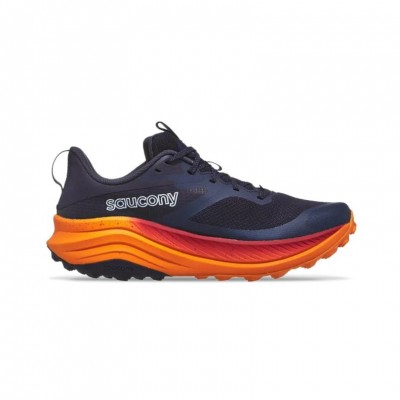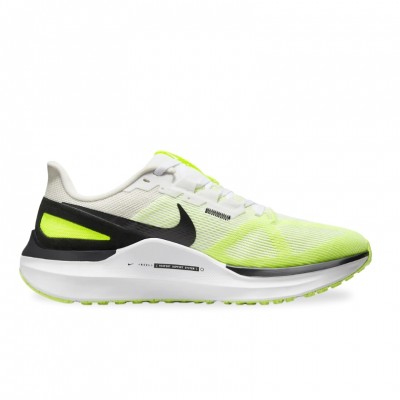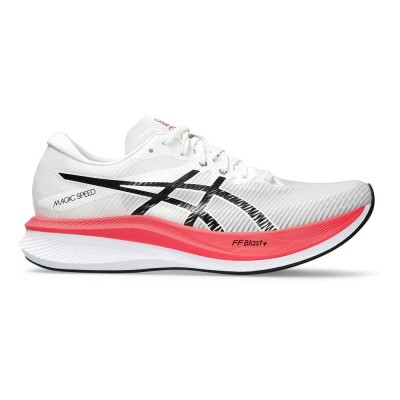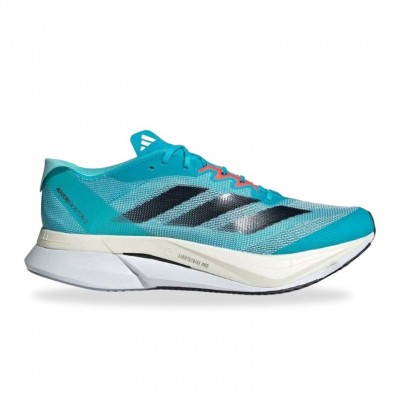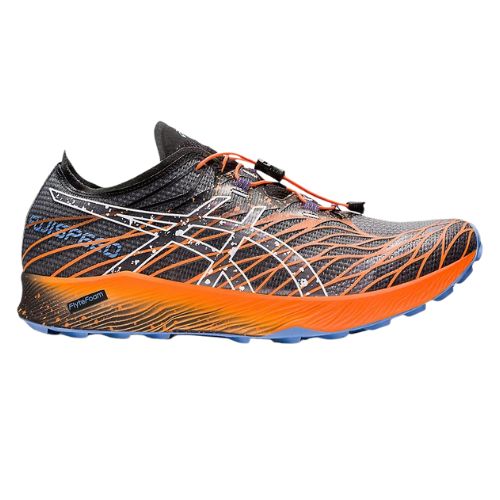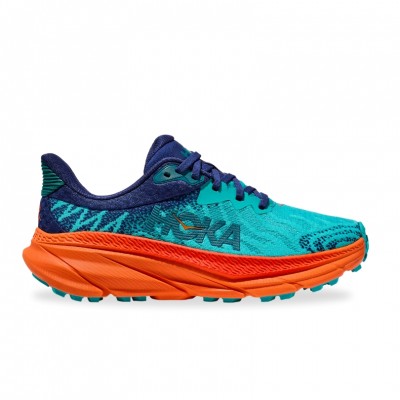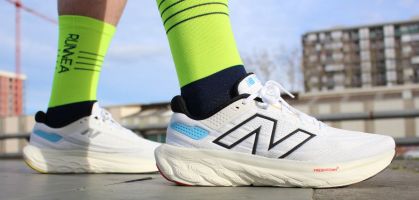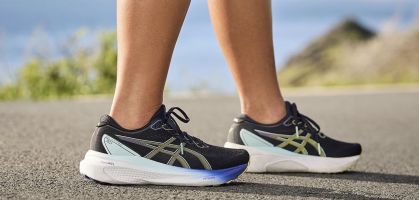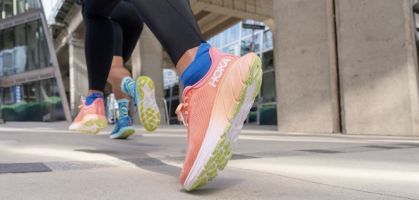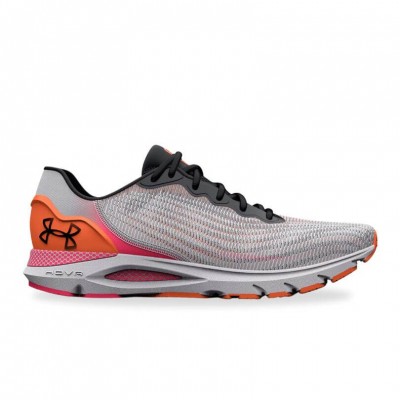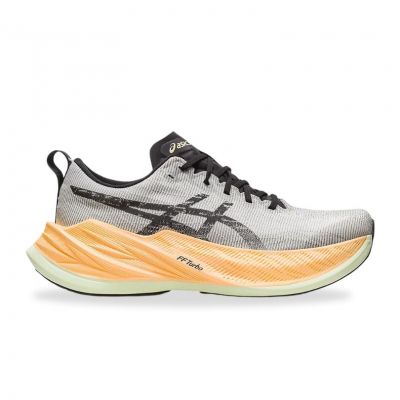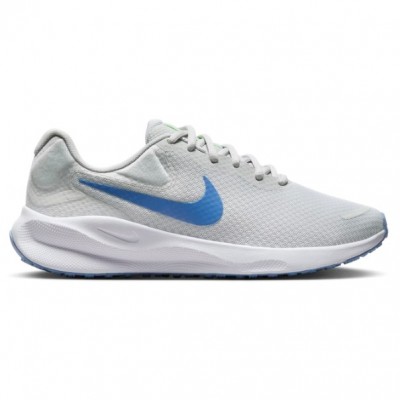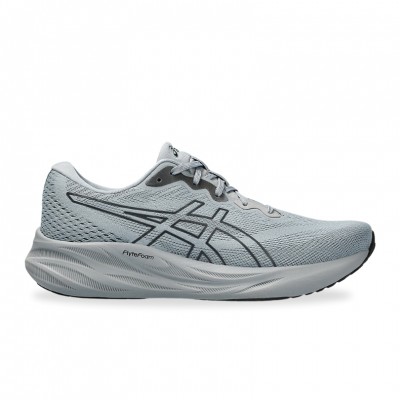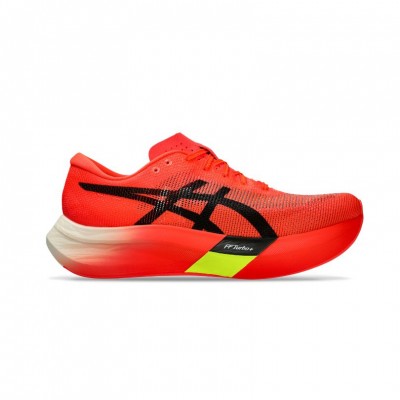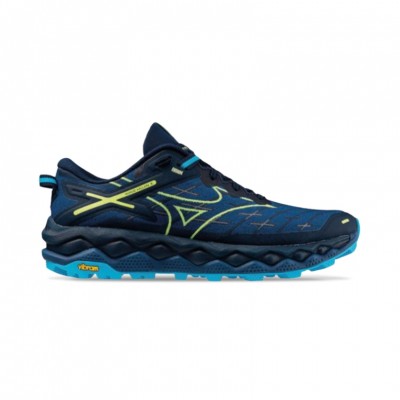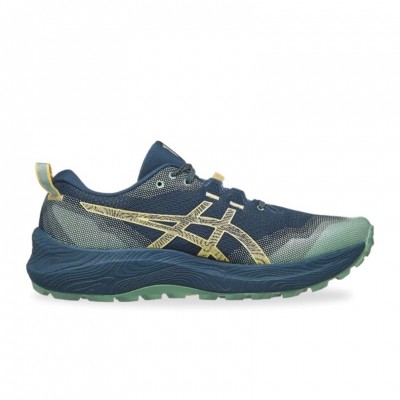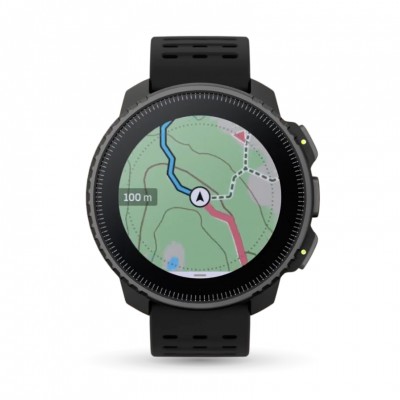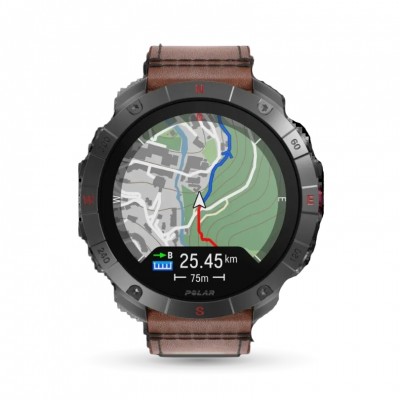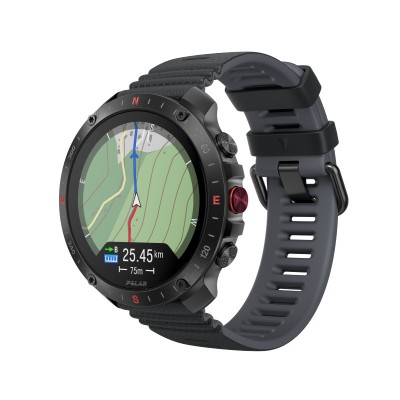This is an important theme throughout the runner's season. It is true that August is over, and the general feeling is that the summer vacations are over. Vacation may be over, but we still have a few days of summer ahead of us. In addition, September means the return to the training routine, and in this section it is important to take into account the heat, which is still very hot.
In this way, we take advantage of the lines of this nutrition article in RUNNEA Magazine to try to put certain points on the i's, and clarify several important aspects. We will do it through two articles in which first we will focus on the aspects to take into account and in the second one on what science tells us about dehydration and ways to hydrate in sport.
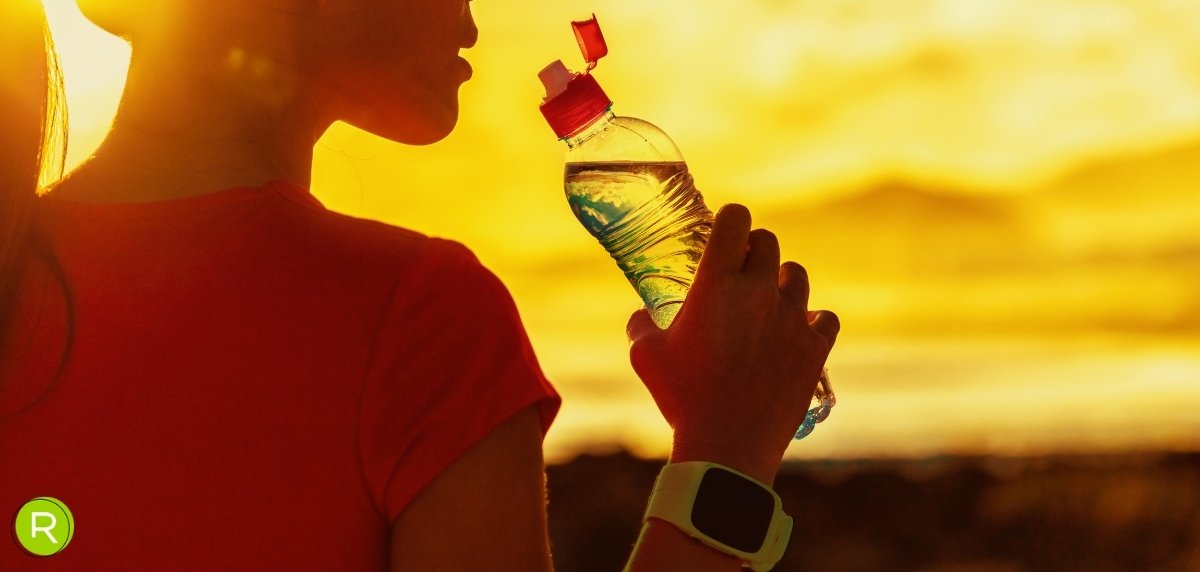
Aspects to take into account in runner's hydration
When assessing the runner's hydration we must take several aspects into account:
- Temperature and humidity.
- Type of exercise.
- Duration of the sports practice.
- State of acclimatization.
- Individual sweating rate.
- Gender.
- Training level.
We will be talking about some of them throughout the article:
Temperature and humidity.
As we increase both temperature and humidity, at the same pace of competition we can double our sweating rate so this is an important aspect to take into account (1).
We also know that the best temperature for sports practice is 11 degrees Celsius. Hence Vienna was chosen for the sub 2 hours challenge of the great Eliud Kipchoge2).
Therefore we must take into account these factors when it comes to know how to hydrate for a training or race
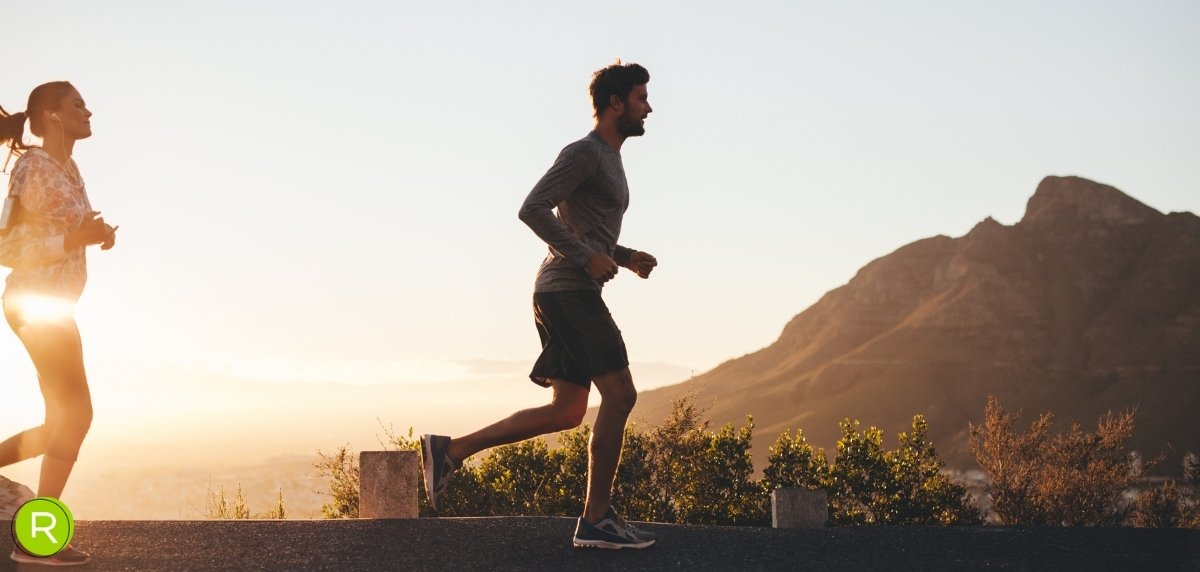
Type of exercise
It is very common that in the runner's season other sports are also practiced in preparation for different objectives. Therefore, we should take into account what the Australian Institute of Sport tells us:
The rate of sweating in swimming is 3 compared to the rate of running or compared to the rate of cycling.
Duration of sports practice
We must take into account that what is recommended for a runner is the intake of 300 of liquid per hour. This liquid can be water or any isotonic drink or energy drinks. But this does not mean that it is necessary to drink during a one-hour training session.
If the training is going to be 60 minutes maybe it is not necessary to drink anything but from the hourâŠveryimportant that in your route there are fountains or else carry it with you.
Not sure which running shoe to choose?
In a few simple steps we help you to choose the ideal running shoe for you
Go to the Shoe FinderState of acclimatization
How many times we hear or see in our environment that right now the objectives of the season we set them in cities very different from ours? Sports tourism is spreading a lot and of course, it is not the same to train in Bilbao and go to do a test in another city where the temperature, humidity and altitude can play a trick on usâŠSo it will be important to take several aspects into account:
- It will be important to arrive 5 days in advance to the place where we are going to run if the temperature is very different from the place where we usually train. With these 5 days we already get a good state of acclimatization to the temperature.
- But one thing is to adapt to the temperature and quite another is to adapt our sweating rate. For that we need between 5 days, 10 being the perfect figure.
Therefore, if we can, the sooner we travel to the competition site⊠the better!
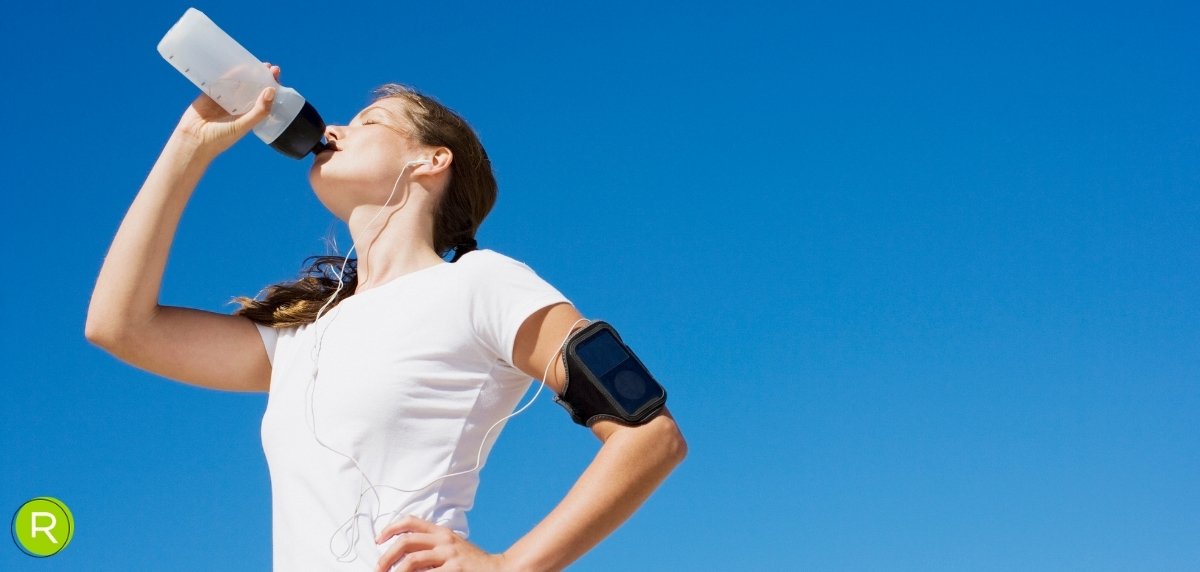
Individual sweating rate
It will be important to analyze well how we dehydrate. There will be times when increasing the amount of liquid will be enough and at other times it will be advisable to increase the amount of salts. Hence there are different tests that can be done and can give us more information about our sweating.
Sex
Men produce more sweat and therefore have more perspiration than women. Therefore, it will be important to replenish a greater amount of liquid during sports practice.
Training level
This point is closely related to the level of acclimatization. We must understand that the more trained we are, the more we will generate adaptations to the exercise or sport we practice. As you will see throughout the season, when we start training everything always costs us much more, our heart rates are higher and the level of fatigue is also higher.
The same thing happens with fluid loss. At the same temperature, humidity, altitude⊠the higher the level of training we have, the more adapted we will be and therefore we will lose more fluid.
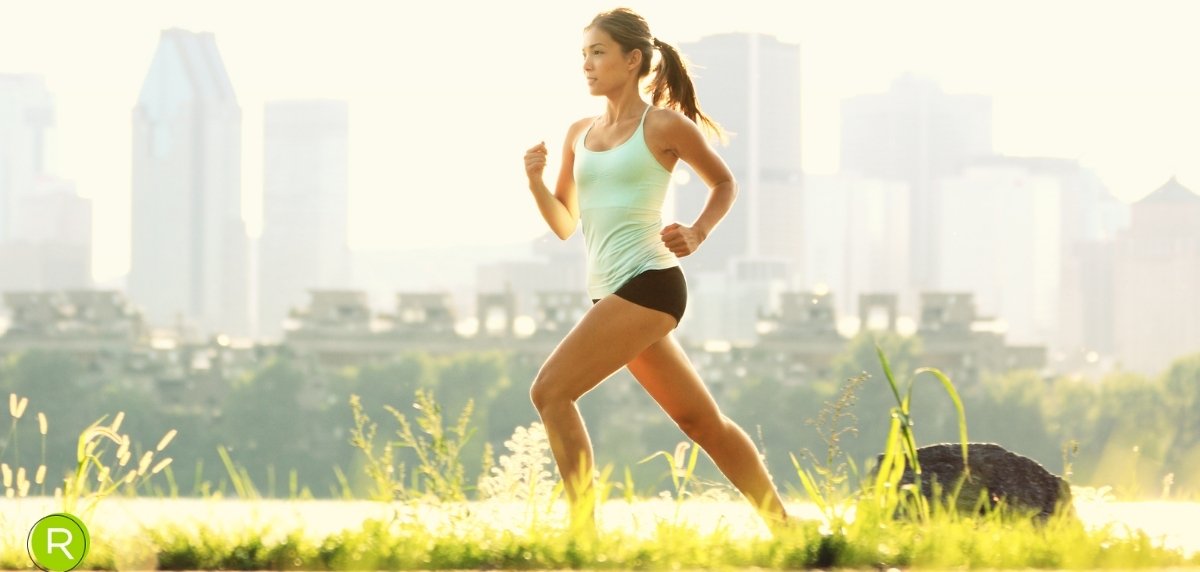
Therefore, in this article we have started with the aspects to take into account, so in the next one I will tell you how you can hydrate yourself during your races.
Let's keep adding kms!
References
- Hydration Effects: Human physiology and exercise-hea performance.
- Effects of ambit temperature on the capacity to perform prolonged cycle exercise in man Galloway, SDR & Maughan RJ (1997)
You may be interested in:
Read more news about: Running News
